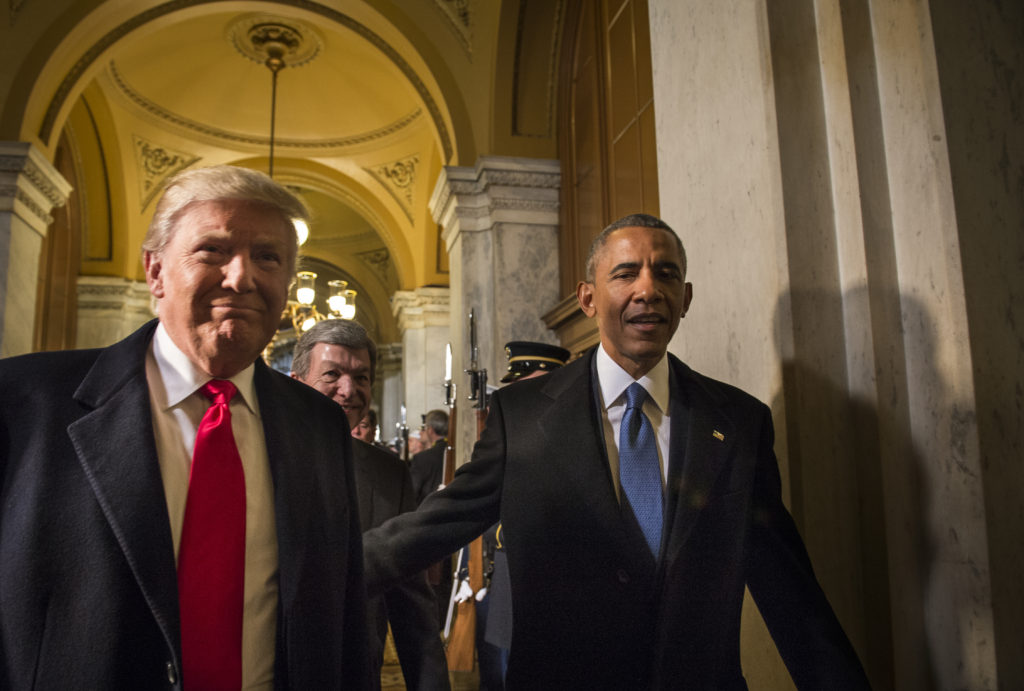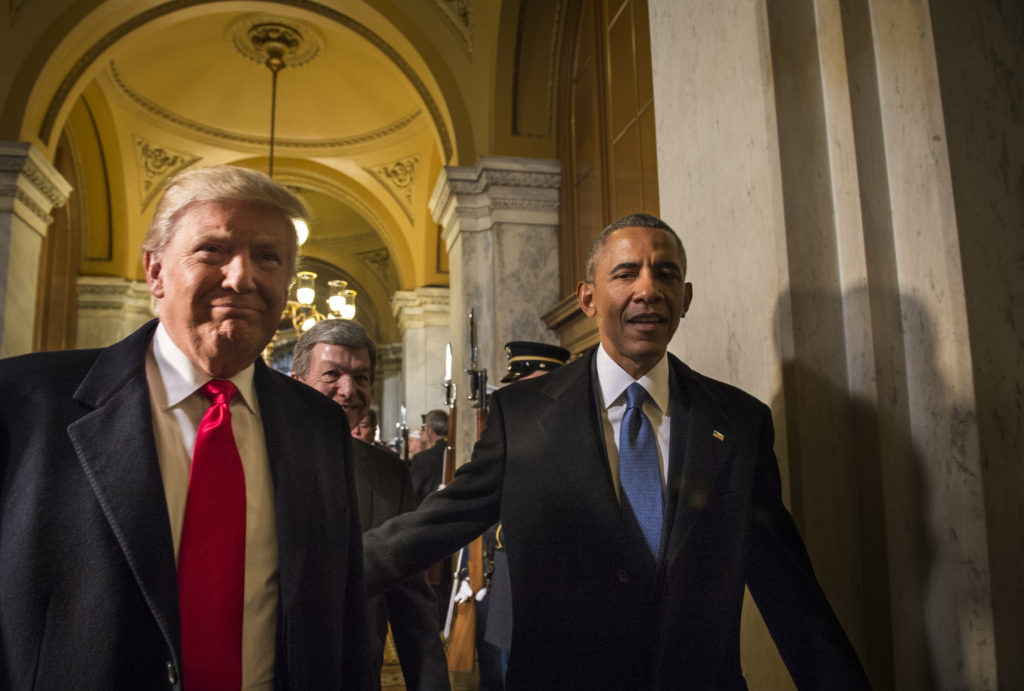
Dreamers deserve better than DACA.
President Donald Trump’s decision to rescind Deferred Action for Childhood Arrivals (DACA) restores rule of law to America’s immigration system, but Congress must pass legislation to give Dreamers—illegal aliens who came to America as children—citizenship.
President Obama created DACA in 2012 after Congress refused to pass the DREAM Act, which would have given Dreamers legal status and a path to citizenship. He claimed DACA would allow law-enforcement officers to prioritize high-risk illegal immigrants for deportation. The Department of Homeland Security agreed, saying resources were too scarce to enforce all immigration laws.
While Obama tried to pursue the morally better option, he broke the law. It’s good policy to focus on border security and dangerous illegal immigrants, but the executive branch does not have authority to grant deferred deportation status.
“This notion that somehow I can just change the laws unilaterally is just not true,” Obama said in 2011. “There are laws on the books that I have to enforce. I think that there’s been a great disservice done to the cause of getting the DREAM Act passed…by perpetrating the notion that by myself I can go and do these things.”
Obama understood his limited Constitutional authority, but he chose to ignore it.
By terminating DACA, Trump has reaffirmed his commitment to enforce the law and to handle Dreamers more respectfully than his predecessor.
DACA treated innocent children like criminals by putting them in a legal limbo. Since its protections lasted for only two-year periods, Dreamers lived with the looming threat of deportation.
It gave Dreamers neither permanent legal status nor a path to citizenship, but only a temporary reprieve. Because they are not legal residents they do not qualify for federal aid programs, such as tuition assistance.
This legal quagmire left Dreamers’ rights unsettle. In Michigan, for example, the Secretary of State Ruth Johnson ordered that Dreamers not receive driver’s licenses for five months. The same problem occurred in Arizona, Nebraska, and North Carolina.
Although Dreamers did not come to the United States by their volition, neither did U.S. citizens consent to their arrival. So, Americans have the right to ask for their removal.
Yet they should not. Instead, Americans should appreciate the positive economic benefits of the 800,000 Dreamers and invite them to become citizens.
In a Sept. 5 speech, Attorney General Jeff Sessions said Dreamers have harmed citizens of the United States: “It also denied jobs to hundreds of thousands of Americans by allowing those same jobs to go to illegal aliens.”
There aren’t a fixed number of jobs in the United States. Immigrants, in fact, create more jobs than their native-born counterparts, especially in high-skilled industries. In 2010, immigrants and their children founded 40 percent of Fortune 500 companies, according to the Kauffman Foundation. These companies employ countless numbers of native-born workers.
Immigrants also contribute more to the government through taxes, on average, than they receive in benefits, according to the Foundation for Economic Education. Dreamers are among the top net contributors because they have attained higher average levels of education than other immigrants.
Sessions is correct, however, in warning about giving citizenship to all minors who illegaly cross the border.
“The effect of this unilateral executive amnesty, among other things, contributed to a surge of unaccompanied minors on the southern border that yielded terrible humanitarian consequences,” he said.
If children come to the country with their parents, then they should be deported with them, so families are not separated. Congress should also ensure all future immigration is legal.
Congressional Republicans should give Dreamers legal status in exchange for increased border security funding and modernization of enforcement tools.
But unaccompanied minors inevitably will come to the country, and the U.S. should have a policy made clear in law, not executive authority.
The United States has mistreated Dreamers for too long. Congress must invite them to become citizens—without fines and without delay.

